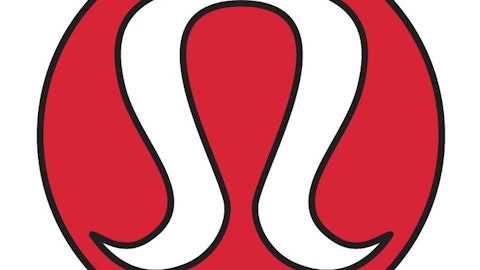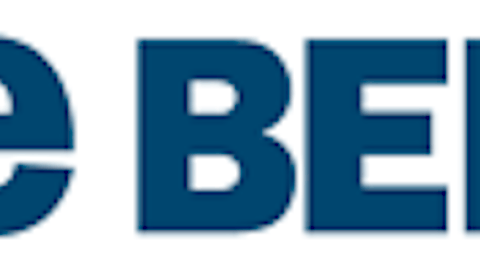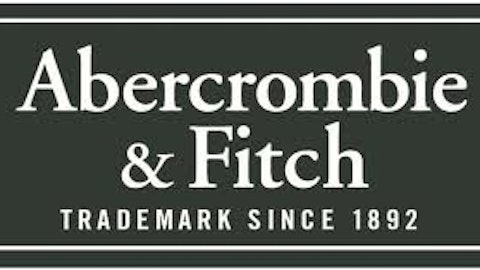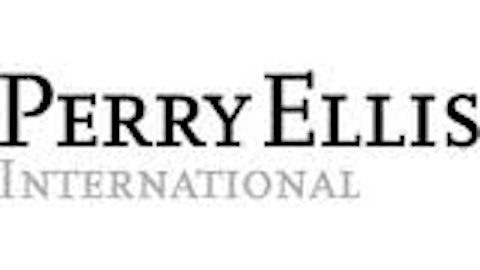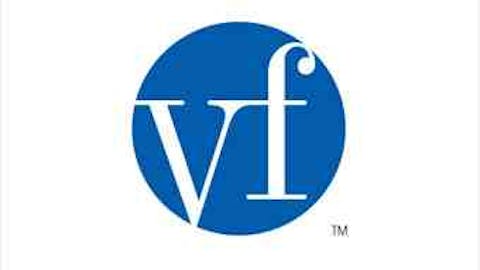Investors were alternately intrigued and dismayed by the recent announcement that big-name apparel maker True Religion Apparel, Inc. (NASDAQ:TRLG) had accepted a private equity buyout offer valued at nearly $830 million. As many market-watchers and bloggers have noted, the company’s fortunes have declined in the face of post-recession frugality among formerly glib American clothing shoppers. After several straight quarters of sub-par performance, it appears that True Religion Apparel, Inc. (NASDAQ:TRLG)’s management team has finally bowed to pressure from its shareholders and taken an important step towards turning the company around, similar to other fashion brands.
Of course, True Religion Apparel, Inc. (NASDAQ:TRLG)’s decision to go private is not guaranteed to fix all of the structural issues that have plagued the firm. However, it is also true that restructuring efforts tend to hit fewer roadblocks in “private” settings. More importantly, True Religion Apparel, Inc. (NASDAQ:TRLG)’s decision to go private may indirectly impact the fortunes of other major apparel makers. Investors who wish to learn more about this specific deal would also do well to investigate other companies that find themselves in similar positions.
True Religion and the Competition
True Religion Apparel, Inc. (NASDAQ:TRLG) has several well-known competitors. Two of the most prominent are Abercrombie & Fitch Co. (NYSE:ANF) and VF Corp (NYSE:VFC).
Financially, each company has its own set of issues. For starters, True Religion Apparel, Inc. (NASDAQ:TRLG) undoubtedly has the smallest footprint of the three: Its market capitalization of about $820 million is dwarfed by VF’s massive $20 billion valuation as well as Abercrombie & Fitch Co. (NYSE:ANF)’s impressive $4.2 billion figure. With a total profit of about $36 million on 2012 revenues of over $480 million, True Religion remains profitable. However, its earnings for the most recent quarter decelerated by an alarming 95 percent. By contrast, VF earned over $1.1 billion on revenues of about $11 billion and saw its most recent quarter’s earnings grow by about 25 percent. Abercrombie & Fitch Co. (NYSE:ANF) earned $237 million on revenues of $4.5 billion and enjoyed eye-popping earnings growth of more than 300 percent.
Meanwhile, True Religion has nearly $200 million in cash and no debt. With about $300 million in cash and $2 billion in debt, VF has a more conventional balance. Fortunately, the company enjoys a cash flow figure of more than $800 million. Abercrombie & Fitch Co. (NYSE:ANF) has an ample cash flow, solid cash reserves and very little debt.
Terms of the Proposed Buyout
Under the terms of the proposed deal, private equity firm TowerBrook Capital Partners has offered to issue payments of $32 per share to True Religion shareholders of record as of a yet-to-be-determined record date. Relative to the company’s current share price of about $31.70, this represents a premium of around 1 percent. It is noteworthy that the public release of the deal’s framework coincided with a poor quarterly earnings report that saw True Religion miss market-watchers’ earnings expectations by 30 percent.
Complications, Legal Issues and Concerns
Although this deal has been approved by True Religion’s board of directors, it still awaits approval from the company’s rank-and-file shareholders. This is by no means assured: Since the deal’s announcement, a variety of law firms and shareholder-rights organizations have stepped forward to challenge its valuation. These challenges center around the fact that True Religion has traded well above the $32-per-share mark in the past. Further, they argue that the mere 9 percent premium that the offer represented does not adequately account for the company’s growth potential.
At the same time, the prospect of a withdrawal or revaluation of the current offer appears unlikely in light of True Religion’s persistently poor earnings performance. Unlike its larger rivals, the company does not seem diversified enough to handle the changing demands of fashion-conscious American consumers. In fact, many shareholders may be privately pleased that they stand to receive any premium at all on their current holdings.
What Does It Mean for Other Names?
Given the stronger financial and strategic positions of Abercrombie & Fitch Co. (NYSE:ANF), VF and others, it seems unlikely that any major apparel names will quickly follow True Religion into buyout territory. Meanwhile, other high-end firms like Ralph Lauren (RL) find themselves in acceptable circumstances as well.
Investors who wish to take advantage of any pending consolidation in the clothing market should look to smaller names that deal with extremely volatile consumer niches. Specifically, companies that market to teens or fashion-conscious urban shoppers are far more likely to attract the attention of buyout-hungry firms than large, vertically integrated mass-marketers.
Where’s the Profit?
Unfortunately, True Religion’s buyout deal does not offer a significant arbitrage opportunity in its current form. Whereas investors who bought shares in the company at its late-2012 lows stand to earn premiums of nearly 25 percent, those who buy into the firm at these levels will see only a small arbitrage bump. While many True Religion shareholders seem legitimately uncomfortable with the terms of the proposed offer, the firm’s price action indicates a wary acceptance of the current proposal. Unless some new information arises to put the deal in a new light, it seems likely to go through as currently planned.
In sum, the deal between True Religion and TowerBrook Capital Partners offers a small but real arbitrage opportunity for everyday investors. In addition, it hints that other high-end fashion retailers and apparel manufacturers may look to buyouts to arrest long-term declines in sales and market share. Investors who wish to play this deal may initiate long positions in True Religion on the assumption that it will reach a satisfactory conclusion.
The article Buyout Attracts Enthusiasm, But Will It Change the Industry? originally appeared on Fool.com.
Mike Thiessen has no position in any stocks mentioned. The Motley Fool has no position in any of the stocks mentioned. Mike is a member of The Motley Fool Blog Network — entries represent the personal opinion of the blogger and are not formally edited.
Copyright © 1995 – 2013 The Motley Fool, LLC. All rights reserved. The Motley Fool has a disclosure policy.

